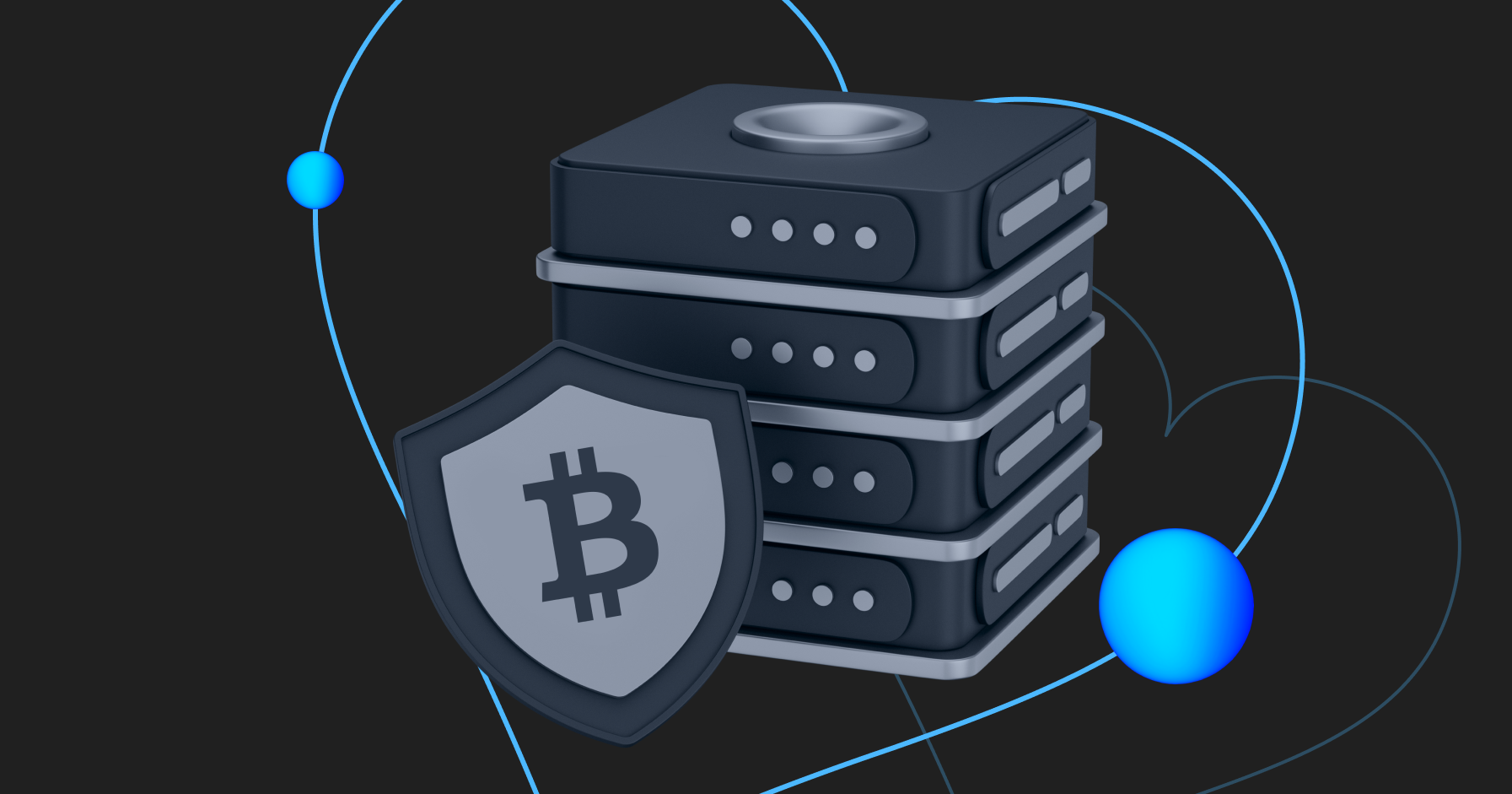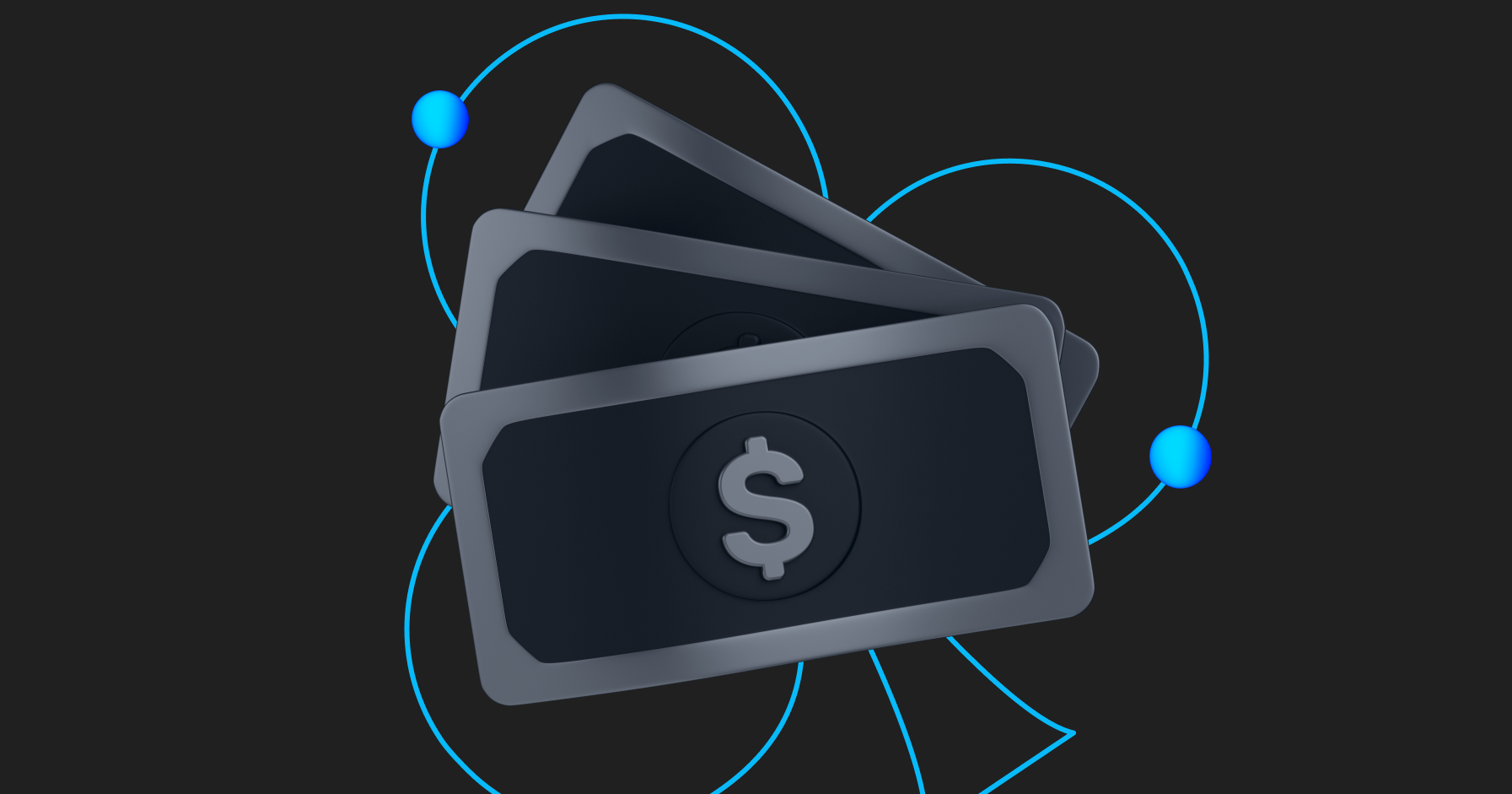
What is a payment gateway?
If you want to have a constantly growing online business, you need to modernize your financial transaction process.
In this article, you will find out what a payment gateway is and how this tool is going to ensure that your customers have fast and secure payment options while making their payments.
Payment gateway: what is it?
A payment gateway is a payment system and a processing system for financial transactions that will make your customer’s shopping experience fast, secure, and convenient.
It is a solution that can be used in e-commerce, gambling platforms, online payments for medical services, travel agencies, online gaming, and others.
Payment gateways will provide security for the financial transactions between customers, sellers, and financial institutions involved in the online transaction process. The payment processor also helps to prevent fraud and leakage of sensitive banking information.
Using a payment gateway in your activities, you will overcome various customer objections by facilitating and diversifying online payment options for your service.
By means of the payment gateway you can offer your customers a variety of payment systems such as QR codes, payment links, credit and debit cards, bank transfers, digital wallets, and others.
The market currently offers different types of payment gateways. You have to figure out what your business needs are to choose the most suitable solution for your goal.
We have prepared a list of the main types of payment gateways:
- Direct payment gateway;
- Hosted payment gateway;
- Payment gateway API;
- Mobile payment gateway;
- Payment gateway with banking integration;
- Payment gateway with digital wallet integration.
Above we have listed just a few examples of payment gateways that you need to consider for the payment processing solution that suits your company’s needs.
How does a payment gateway work?
When a customer makes a purchase online, it is the payment gateway that performs the communication between all parties involved in the process of an online purchase.
The parties involved in a payment system’s function are the consumer, the merchant, the payment service provider (PSP), the issuing bank, the acquiring bank, the payment gateway, and the payment processor.
The chain process of an online payment goes as follows:
- When the customers make the purchase online, they add their payment details such as their full name, card number, and expiration date in a form.
- The payment gateway is responsible for receiving and sending this consumer information to the payment processors.
- When the company responsible for processing the payment receives the information, it verifies the data and requests authorization from the consumer’s credit or debit card issuing bank. When the bank approves a purchase, the payment processors inform the payment gateway and the acquiring bank about the approval.
- It is during this phase of the process that the payment gateway informs the merchant about the approval of the financial transaction and makes the request to deliver the product or service to the customer.
- The acquiring bank receives the information provided by the payment gateway and processes the transaction, transferring the amount paid by the customer directly to the merchant’s account.
- At this point, the merchant receives payment for the product or service and ships the product or access to the customer.
No matter how complex the process of transaction may be, the payment gateway makes the entire online transaction fast, convenient, and secure.
How to choose a payment gateway?
Before choosing a payment gateway, you need to realize what the characteristics and goals of your business are. Based on this, you will analyze which solution for payment processing suits your business needs.
Check out the list with the main criteria you need to consider when choosing a payment gateway:
- Security provided by the payment gateway;
- Fees charged by the financial transaction system;
- Ease of use of the payment gateway;
- Availability of the payment gateway in the country where your business operates;
- Integration with the system of your business;
- Technical support;
- Payment options;
- Reputation of the payment gateway.
When you know the needs of your enterprise, you can analyze all the criteria for choosing a payment system and make a more confident decision.
For example, the gambling industry has different goals and characteristics than an e-commerce unit.
In the gambling and betting business, the gateway must have a specific license to process gambling financial transactions – a requirement that does not need to be analyzed when selecting a gateway for e-commerce or any other type of payments.
The criteria for choosing a payment gateway for gambling also include the availability of licensing for gambling and the convenience of using the payment processing platform.
Payment aggregator for high-risk segments
A payment aggregator is necessary for a company in the high-risk segment to offer secure and varied payment methods.
BetterBro is a company that provides this service for high-risk businesses, including gambling business, and operates as an intermediary between the customer, the seller, and the financial institutions. The company has a flexible, transparent, and stable approach and is as reliable as traditional payment aggregators.
Payment system requirements for websites
There is an integration process that connects your website to the payment systems.
It is a sophisticated and secure payment connection that uses encryption protocols to protect the customer’s data during financial transactions.
This process varies according to the payment gateway chosen and the platform used by the website.
There are some requirements for the payment gateway to connect to a website of a business. See the main ones below:
- The website or company has to be registered with the responsible government institutions and have a valid registration number.
- The website or company must have the software development kit (SDK) or application programming interface (API) integrated into its software.
- The company must take security measures in place to prevent fraud.
- The business must comply with all data security requirements and laws such as the Payment Security Standard (PCI DSS).
- The company must have a customer service department to assist them with all questions and issues related to payments.
Every business needs to expand and increase sales to survive in the market.
Using a payment system on your website or application will not only process financial transactions rapidly and securely, but it also will minimize risks, increase the security of online transactions, and make the financial management of your business much easier.
Review all the criteria discussed in this article before choosing a system for online payments of your enterprise.
And if your business is characterized as high-risk, in addition to the solutions provided by payment gateways, also look for a payment aggregator, a service performed by BetterBro in various countries.

